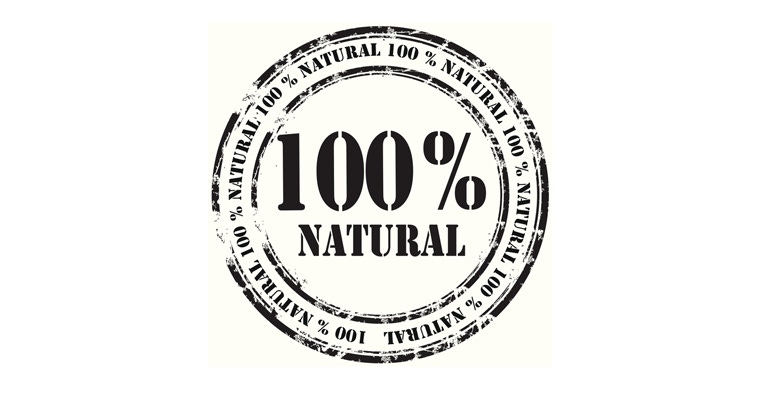Expected and confirmed: Consumers swayed by 'all natural' food labels
A new study suggests that 'natural' claims boost consumers' expectations of quality and nutritional content for products.
March 17, 2017

The natural foods industry has long been aware of the selling power—and the lack of meaning—of the word "natural" on food labels. And brands, truly natural or not, continue to use it because people continue to buy it. A new study published in Journal of Food Science demonstrates, though, just how what the natural claim does for a product in consumers’ minds.
Researchers at Ohio State University set up a couple scenarios meant to simulate a grocery store taste-test of peanut butter. One involved people being asked to just evaluate the products—which were identical, but one labeled all-natural and the other not—they were presented with, and the other in which a server jumped in and talked up the one peanut butter’s all-natural status.
The researchers found that people’s expectations of both quality and nutritional content increased for the "natural" product—but the label alone was not enough to make a difference in how much they liked it or were willing to pay for it. When the server got involved and talked about the one peanut butter being made with natural ingredients, however, people were suddenly more willing to pay more—by an average of 8 percent—for that version of the product.
Lead author of the study and Ohio State University assistant professor Christopher Simons said these results—which were observed across a diverse group of study participants—underscore the need for the FDA to issue a clear definition and regulations around the natural and all-natural claims that are found on so many foods.
The social interaction is what drove the largest change in how willing people were to spend more but even without that social influence, he added, the confusion has an impact on consumer purchases.
"Our interpretation is that the natural label conveys meaning to a consumer that is interpreted as a 'better' product (higher quality and more nutritious). Consumers think they are getting a better product when in fact there is no clear definition of what natural is or how food manufacturers should use this label," said Simons. "This may not translate to a willingness to spend more money on the product, but it likely impacts consumer choices when selecting products."
About the Author(s)
You May Also Like




